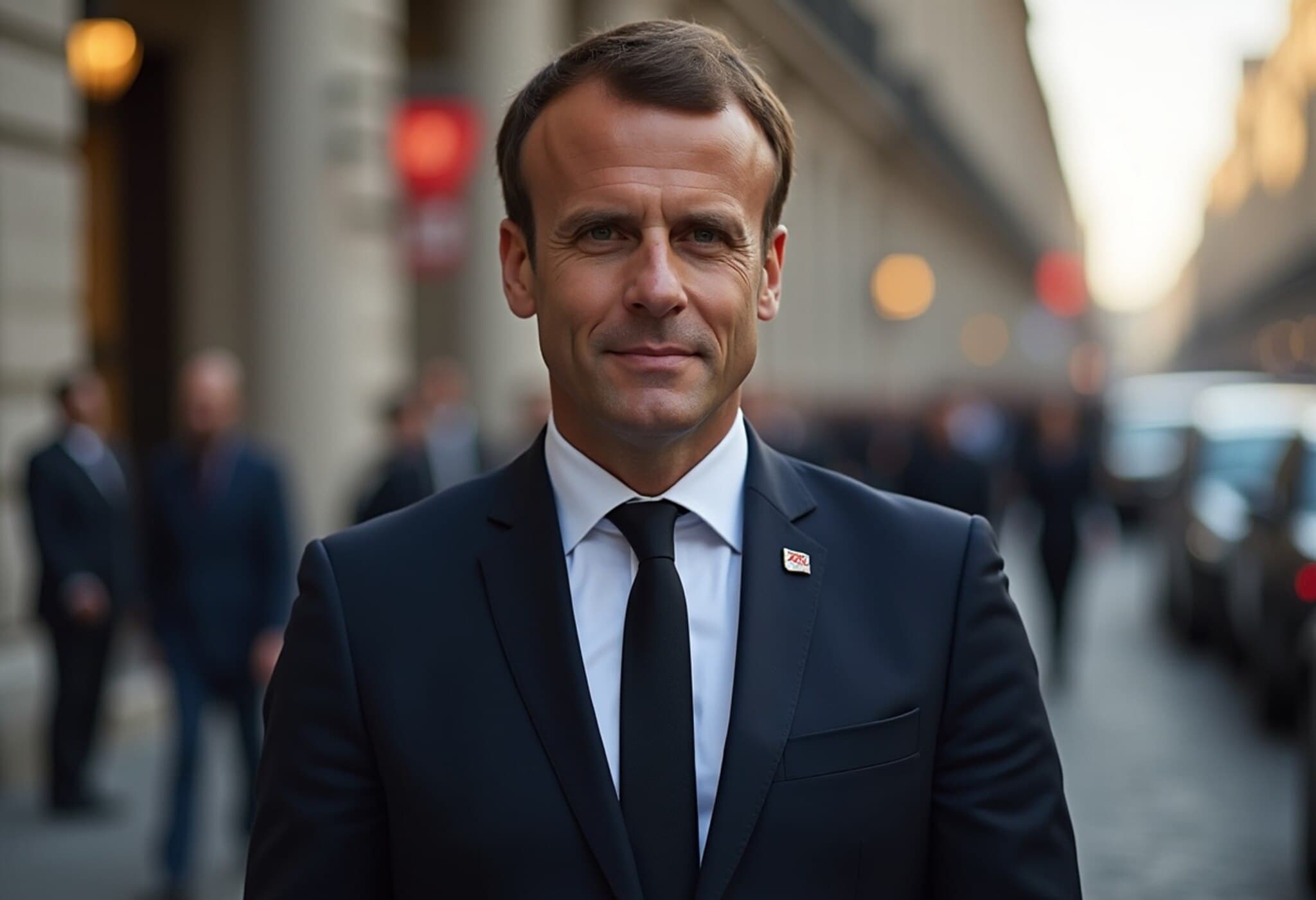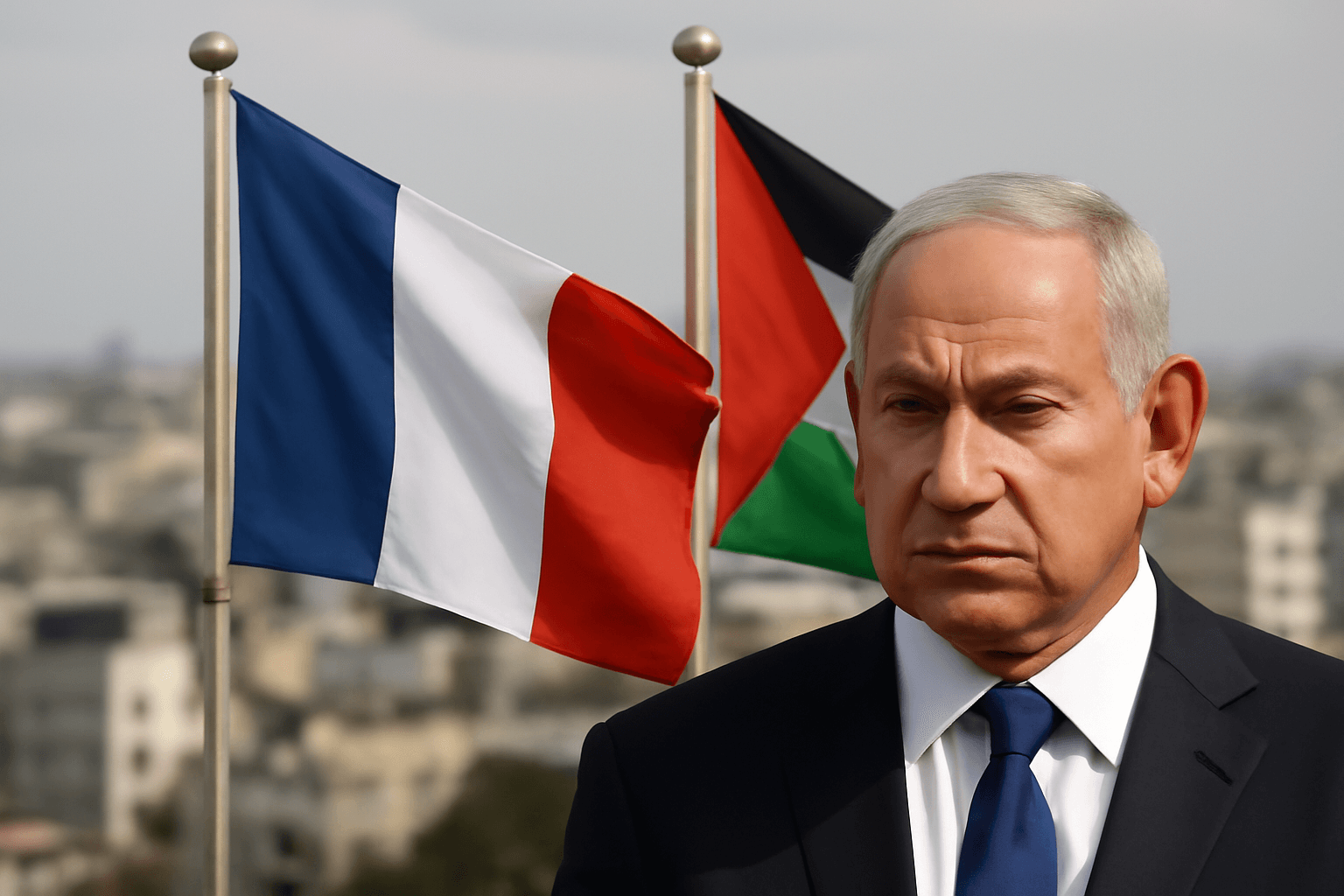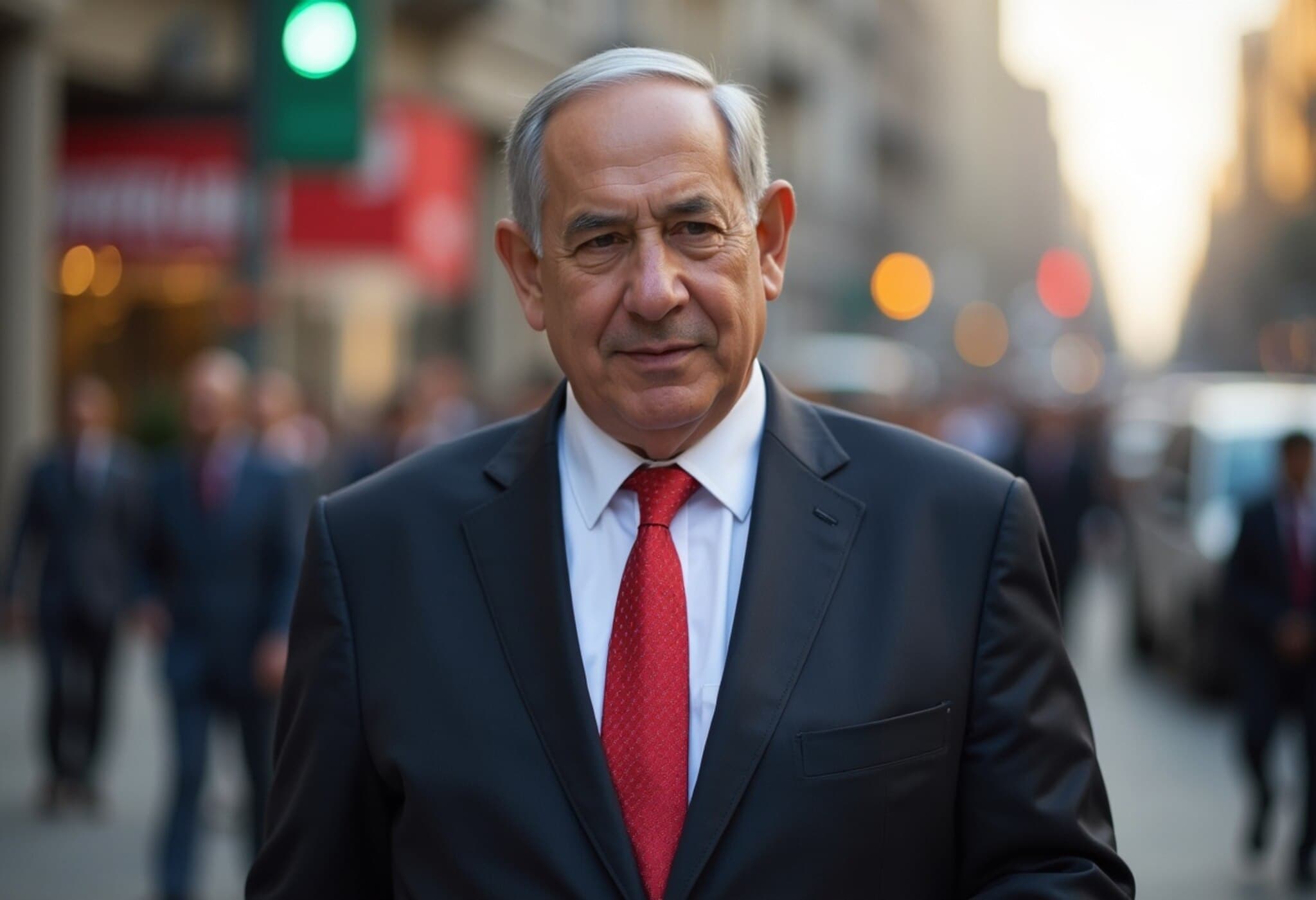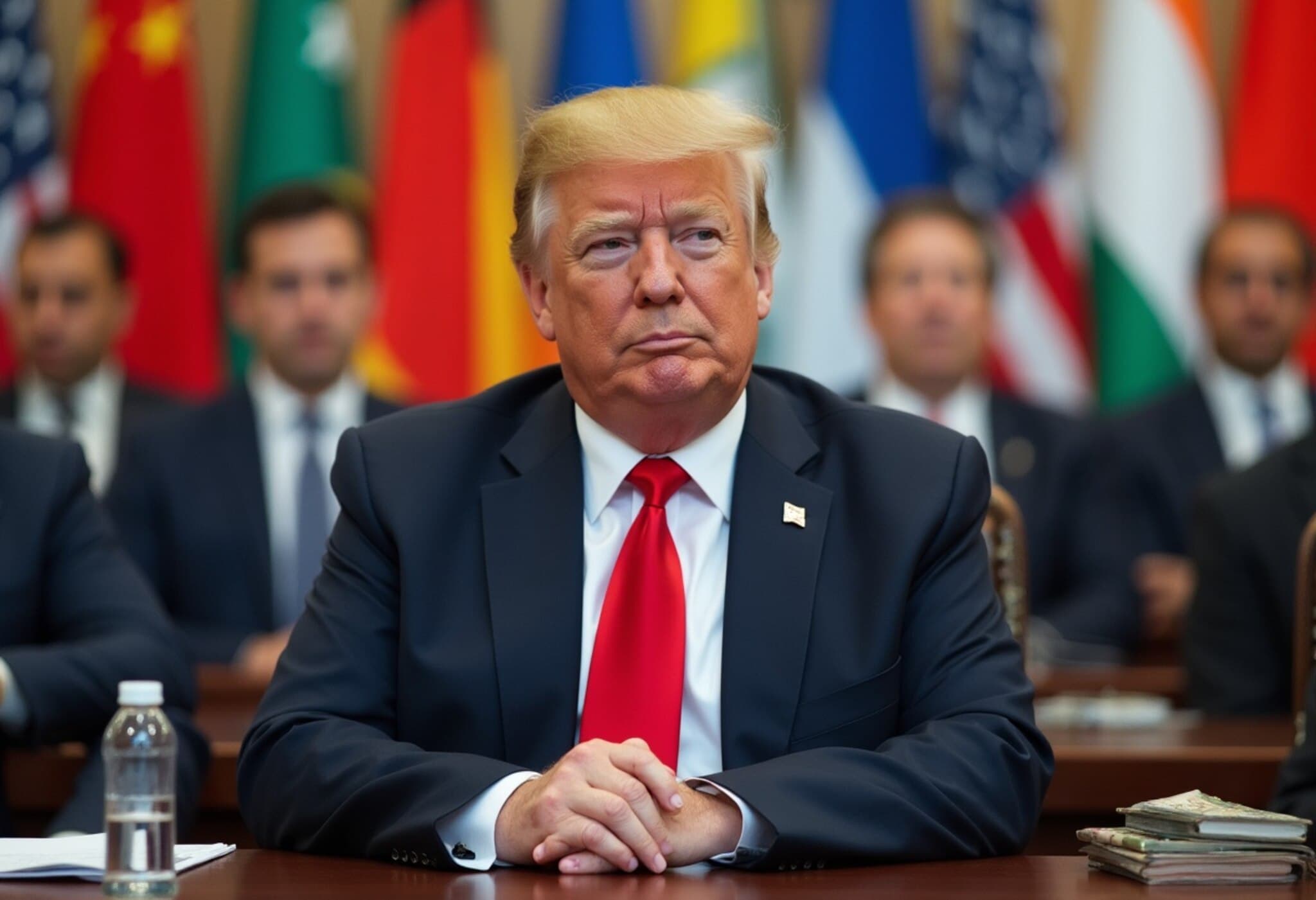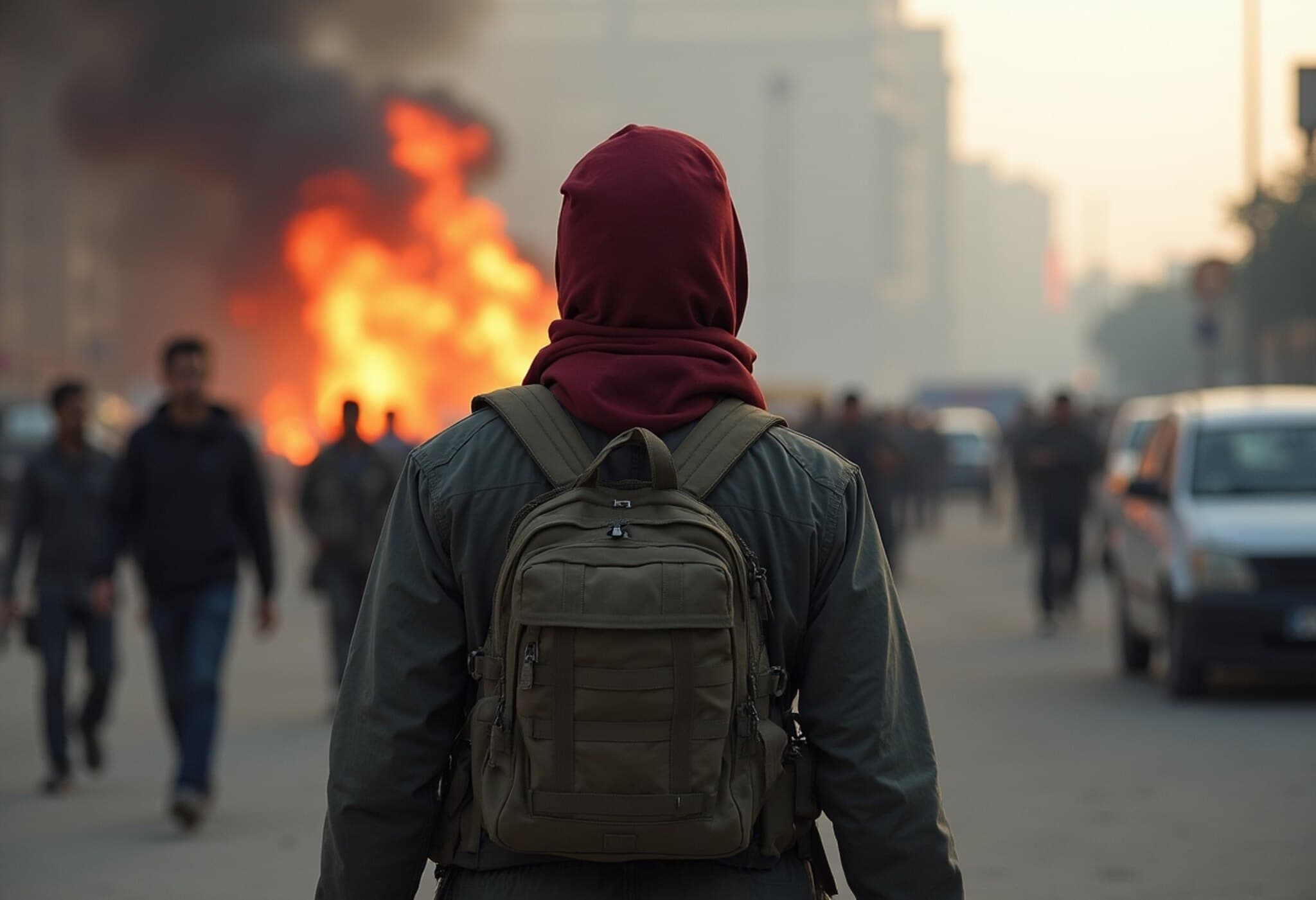France Announces Official Recognition of Palestinian State
In a significant diplomatic move, French President Emmanuel Macron declared on July 24, 2025, that France will recognize Palestine as a sovereign state. This decision, set to be formalized at the upcoming United Nations General Assembly in September, comes amid escalating global concern over the humanitarian crisis unfolding in Gaza.
Macron’s Position: Balancing Support and Call for Peace
President Macron’s announcement — shared via his social media platform X — emphasized the urgent need to halt the ongoing conflict in Gaza and to safeguard civilian lives. While Macron has historically supported Israel, particularly following the Hamas attacks on October 7, 2023, his recent stance reflects growing frustration with the war's devastating impact on Palestinian civilians.
"Given France’s historic commitment to a fair and lasting peace in the Middle East, I have decided that France will recognize the state of Palestine," Macron stated. "Peace is possible." He also personally communicated this decision through a letter to Palestinian President Mahmoud Abbas, signaling a strengthened diplomatic relationship.
France’s Pivotal Role in European Diplomacy
France emerges as the largest and most influential European nation to officially recognize Palestinian statehood. Over 140 countries worldwide recognize Palestine, including several European nations, but France’s move carries substantial weight in the international arena due to its political stature and geopolitical influence.
Demographically, France houses the largest Jewish population in Europe alongside the largest Muslim community in Western Europe. The ongoing Middle East conflict has previously triggered domestic tensions and protests within France, amplifying the nation's diplomatic sensitivity to the crisis.
International and Regional Implications
- France’s Foreign Minister is set to co-host a United Nations conference focusing on the two-state solution, reaffirming Paris’s commitment to diplomatic resolution.
- The announcement arrives shortly after the United States halted ceasefire negotiations in Qatar, citing a lack of good faith by Hamas.
- Recent collective European criticism targets Israel’s blockade restricting aid to Gaza, spotlighting the dire humanitarian consequences.
Historical and Political Context
The Palestinians’ pursuit of independence centers on territories occupied by Israel since the 1967 Middle East war, including East Jerusalem and Gaza. Israel, however, maintains strong opposition to Palestinian statehood, viewing it as potentially rewarding militant activity post-October 7 attacks.
Israel formally annexed East Jerusalem following the 1967 war, declaring it its capital, a claim not widely recognized internationally. The West Bank hosts over half a million Jewish settlers distributed across numerous settlements, while its 3 million Palestinian residents live primarily under Israeli military governance, with limited Palestinian Authority self-rule in some areas.
Expert Insight: What This Means for Middle East Peace Prospects
France’s recognition signals a growing European willingness to assert an independent stance on the Israeli-Palestinian conflict, potentially pressuring the U.S. and Israel toward renewed dialogue. It also highlights the increasing European frustration over the humanitarian fallout from ongoing hostilities.
However, challenges remain, including Israel’s political resistance to Palestinian sovereignty and concerns over security following militant attacks. This move by France could prompt other influential countries to revisit their diplomatic positions, though it may also risk escalating tensions if not accompanied by comprehensive peace initiatives.
Looking Ahead
France’s decision sets the stage for an intensified international debate on the viability of the two-state solution. Whether this diplomatic shift will catalyze real progress or further entrench divisions remains to be seen.
Key Questions for Readers
- Can France’s recognition of Palestine influence a broader, effective peace process?
- How will this decision impact France's domestic social cohesion amid diverse communities affected by the Middle East conflict?
- What role should the international community play in balancing humanitarian aid with security concerns?
Editor’s Note
France’s formal recognition of Palestine marks a decisive moment in the protracted Israeli-Palestinian conflict, reflecting increasing global urgency to end violence and alleviate human suffering. This development challenges long-standing geopolitical dynamics and invites critical examination of how international diplomacy can reconcile national security with human rights imperatives. As the UN Assembly approaches, all eyes will be on whether this act of recognition galvanizes constructive dialogue or deepens divides in an already fraught region.

